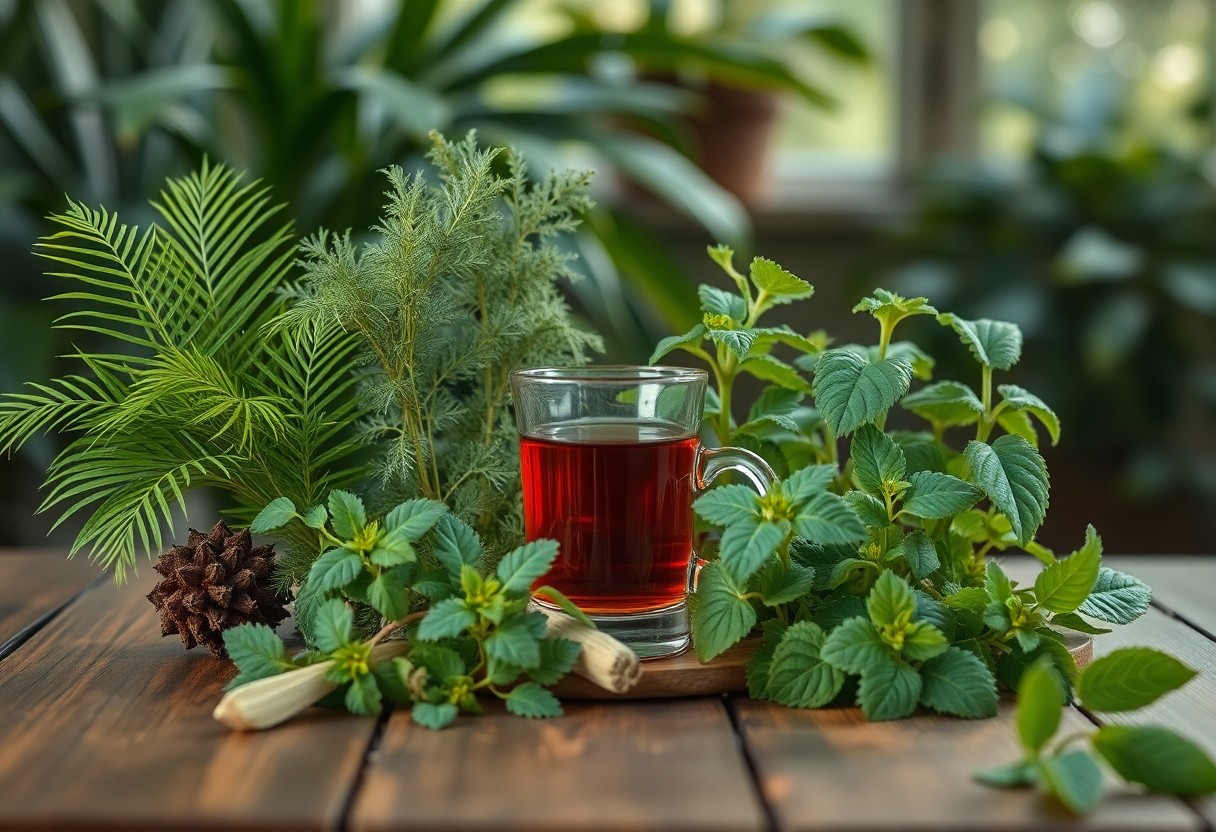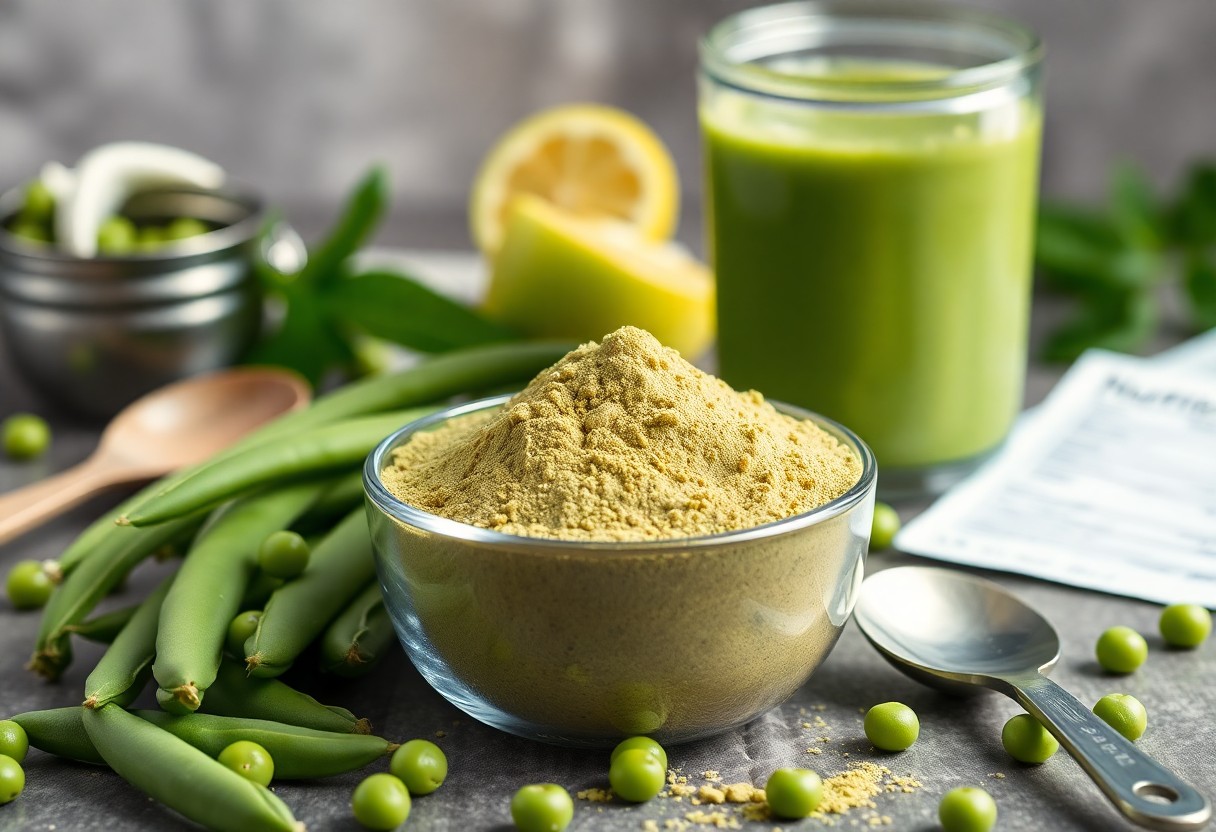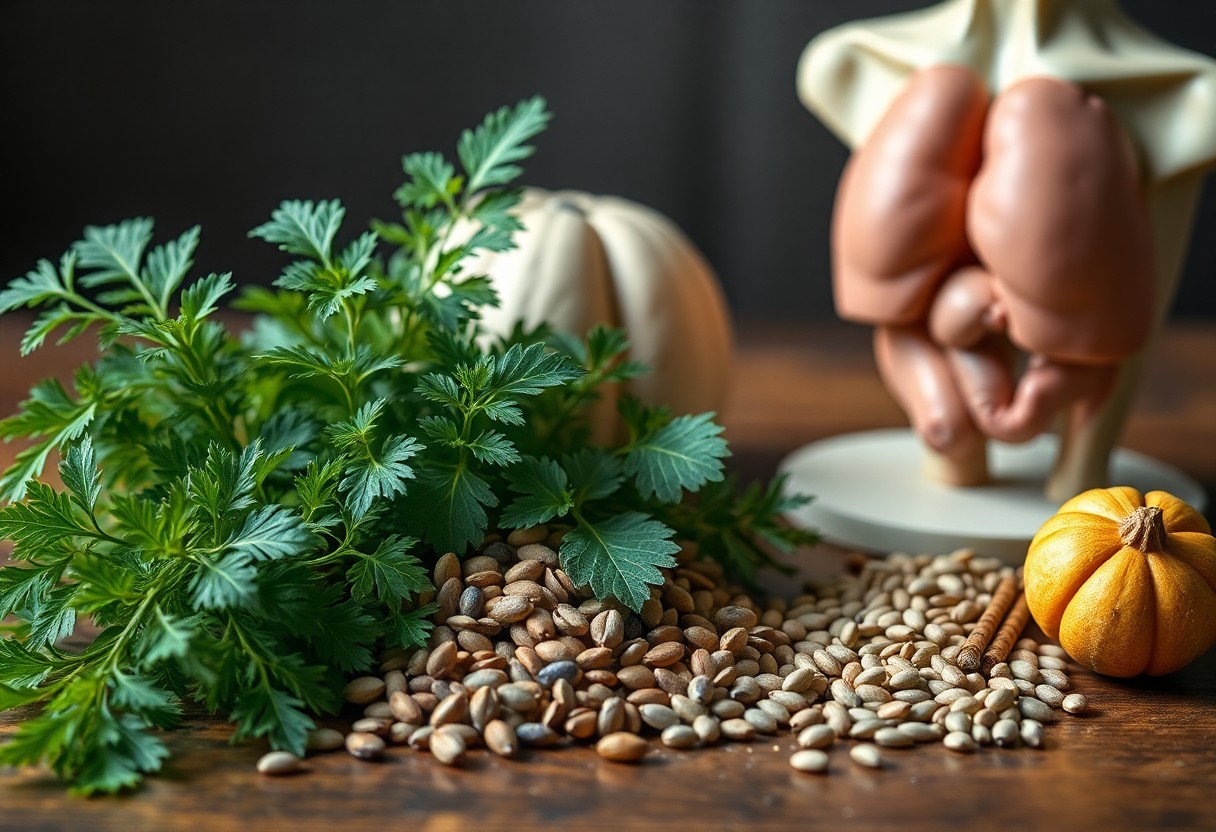The Best Herbal Teas for Gut Health: A Tasty Guide
In today’s fast-paced world, maintaining gut health is more important than ever. Digestive issues can impact your overall well-being, energy levels, and even your mood. Fortunately, nature offers some delightful solutions in the form of herbal teas. These teas not only soothe the digestive system but also provide a refreshing break from your daily routine. In this guide, we will explore the best herbal teas for gut health, how they work, and how you can incorporate them into your lifestyle.
Why is Gut Health Important?
Gut health is crucial as it affects various bodily functions. The gut microbiome, a community of trillions of bacteria residing in the digestive tract, plays a vital role in digestion, nutrient absorption, and immune function. According to a study published in the journal Nature, a healthy gut can prevent chronic diseases such as obesity, diabetes, and inflammatory bowel disease.
Top Herbal Teas for Gut Health
1. Ginger Tea
Ginger tea is renowned for its anti-inflammatory and digestive properties. It helps relieve nausea, bloating, and indigestion. A study in the Journal of Food Science highlighted ginger’s ability to speed up stomach emptying, which can be beneficial for those suffering from discomfort after meals.
To prepare ginger tea, simply peel and slice fresh ginger root, add it to boiling water, and let it steep for 10 minutes. You can add honey or lemon for extra flavor.
2. Peppermint Tea
Peppermint tea is a popular choice for soothing an upset stomach. Its menthol content relaxes the gastrointestinal tract’s muscles, which can help relieve symptoms of irritable bowel syndrome (IBS). Research from the Journal of Clinical Gastroenterology supports peppermint oil’s efficacy in managing IBS symptoms.
Brew peppermint tea by adding fresh or dried peppermint leaves to hot water. Let it steep for 5-10 minutes before enjoying its refreshing taste.
3. Chamomile Tea
Chamomile tea is known for its calming effects, which extend to the digestive system. It can help reduce inflammation and soothe the stomach lining, making it an excellent choice for those with ulcers or acid reflux. A study in Molecular Medicine Reports highlighted chamomile’s potential to inhibit Helicobacter pylori, a bacterium linked to stomach ulcers.
Prepare chamomile tea by steeping dried chamomile flowers in hot water for about 5 minutes. Enjoy it before bed for a relaxing ritual.
4. Fennel Tea
Fennel tea is often used to relieve bloating and gas. Its antispasmodic properties can ease digestive discomfort. A study in the Journal of Ethnopharmacology found that fennel extract reduced colic symptoms in infants, suggesting its potential benefits for adults as well.
To make fennel tea, crush fennel seeds and steep them in boiling water for 7-10 minutes. Add a dash of honey for sweetness if desired.
5. Dandelion Tea
Dandelion tea acts as a natural diuretic, supporting liver function and helping to detoxify the body. It promotes the production of bile, aiding in digestion and nutrient absorption. According to a study in the Journal of Medicinal Food, dandelion has prebiotic properties, promoting the growth of beneficial gut bacteria.
To enjoy dandelion tea, steep dried dandelion root or leaves in hot water for 5-10 minutes.
How to Incorporate Herbal Teas into Your Routine
Start with a Morning Ritual
Begin your day with a cup of herbal tea to kickstart your digestion. Ginger or fennel tea can be invigorating choices for morning routines. Consider replacing your morning coffee with herbal tea a few times a week for a more gentle start to your day.
Choose the Right Tea for Your Needs
Each herbal tea offers unique benefits, so select one that aligns with your specific needs. If you’re dealing with bloating after meals, peppermint or fennel tea might be your best bet. For stress-related digestive issues, chamomile or dandelion tea can provide relief.
Experiment with Flavors
Herbal teas can be mixed and matched to create unique flavor profiles. Try blending ginger and peppermint for a refreshing twist or chamomile and fennel for a calming effect. Adding a slice of lemon or a spoonful of honey can enhance the taste and provide additional health benefits.
Be Consistent
To experience the full benefits of herbal teas for gut health, consistency is key. Incorporate them into your daily routine, whether it’s a cup in the morning, after meals, or before bedtime. Over time, you’ll likely notice an improvement in your digestive health.
Conclusion
Herbal teas offer a natural, delicious way to support gut health. From ginger to dandelion, each tea brings its unique properties to the table, helping to alleviate a variety of digestive issues. By incorporating these teas into your daily routine, you can enjoy improved digestive health and overall well-being. Remember, while herbal teas can be beneficial, it’s essential to maintain a balanced diet and consult with a healthcare professional if you have any persistent digestive concerns.
So, steep a cup of your favorite herbal tea, sit back, and let nature’s remedies work their magic on your gut health.












